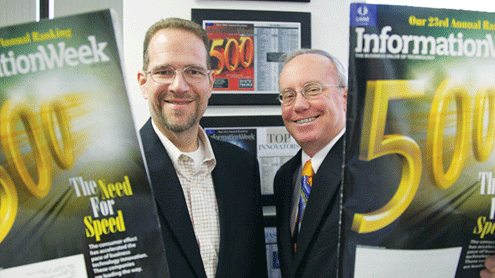By Commissioner Peter H. Chang –

On that first Easter day, although literally headed for Emmaus, headed west at sunset, these two were going toward a night that was falling; that is until Jesus turned them around to face a dawn that was breaking. It’s a suggestive story, one of singular charm and grace, whose origins in the oral tradition are apparently lost beyond recovery; and, while the story appears in no Gospel other than Luke’s, still its impact on early Christian communities was as powerful then as it is today in churches around the world.
I don’t know what to make of the men’s failure to recognize Christ. It was too unexpected; they looked toward the setting sun with intense preoccupation…yet such speculation seems farfetched, especially as Luke’s intent seems so clear. He wants us to believe that their senses were supernaturally dulled: “their eyes were kept from recognizing him.” I myself can only really get into the story when, in answer to Jesus’ question “What is this conversation which you are holding with each other?” they respond so unbelievingly: “Are you the only visitor to Jerusalem who does not know the things that have happened there in these days?” In effect, “Where have you been, man?” It’s a real put-down: they make Jesus the outsider, with themselves the insiders. Playing along, the outsider asks ingenuously, “What things?” And then the insiders tell him, “Concerning Jesus of Nazareth, who was a prophet mighty in deed and in word before God and all the people.”
That description I like–wouldn’t it be wonderful to be described as “a prophet mighty in deed and in word before God and all the people”? And I like their description of what happened: “Our chief priests and rulers delivered him up to be condemned to death and they crucified him.” It was “our chief priests and rulers”–not these Romans and not the people; although we must never forget how Pilate washed his hands of the whole matter, thereby plaiting the crown of thorns; and that only the passivity of the ruled makes possible the terrible things rulers do. Burke wrote, “All it takes for evil to flourish is for a few good people to do nothing.” Of course, let’s not cheer, but why not at least make some protest;…and “when they saw what had taken place, they returned home beating their breasts.”(Luke 23:48) Big deal! Such fervent expression should have been vented earlier when it may have done some good. It’s too late now. Remorse comes easier than accepting responsibility.
The description of Good Friday given by the two disciples ends with the touching line, “But we had hoped that he was the one to redeem Israel.” Touching, yes; but the words also angered Jesus, and why not? For what in the name of God was he doing on Calvary if not redeeming Israel…and these two disciples still hadn’t caught on! These insiders had no inside track at all. They were still just not with it. No wonder they were going in circles, heading toward the falling night.
So does Jesus say gently, “Well, gentlemen, if I might venture to suggest…”? No, Jesus never withholds the telling blow when only the telling blow will suffice. He never hurts anyone–except deliberately. “O, foolish men, and slow of heart”–what a phrase!–“slow of heart to believe all that the prophets have spoken! Was it not necessary that the Christ should suffer these things and enter into his glory?”
Romans, people, priests, rulers–on this score we are all alike: when the world takes a stand against God, we all think God should come on strong and set things straight. We all think in terms of power plays, whether in our own private theatrics or in the public arena. Pilate wanted to see proof of kingship; Herod, a sign; and when Jesus was crucified, the rulers scoffed at him saying, “He saved others, let him save himself if he is the Christ of God, his chosen one.” Soldiers naturally expect great manifestations of strength and power: “If you are the King of the Jews, come down from the cross.” The most poignant remark of that day came, however, from the criminal who railed, “Are you not the Christ? Save yourself and us!” That precisely was what Jesus was doing!
Was it not necessary that Christ should suffer these things? Put yourself in the shoes of those headed for Emmaus, then you answer the question. Yes, it was necessary for Christ to suffer these things because there are no power plays and no shortcuts. Surely Jesus must have talked in such a vein to these disciples. Still, they did not recognize him…”When he was at table with them, he took the bread and blessed it, broke it and gave it to them. And their eyes were opened and they recognized him.” The extraordinary presence of the risen Lord changed the direction of their lives. Like Jesus had himself done before them, they “set their faces toward Jerusalem”…away from the gloominess of night and toward the dawn of an exciting new day that was breaking.
O merciful God, Christ died to save us: how can we express our gratitude to you…and yet still we are so slow to learn. Grant that our eyes too may be opened so that we also may discover the right direction for our lives. In Jesus’ name and for his sake we pray, amen.











